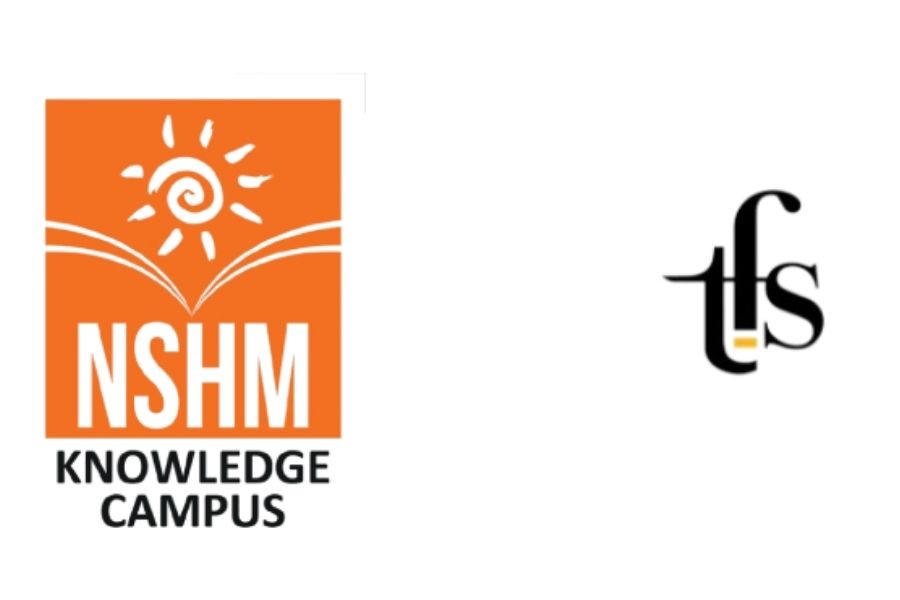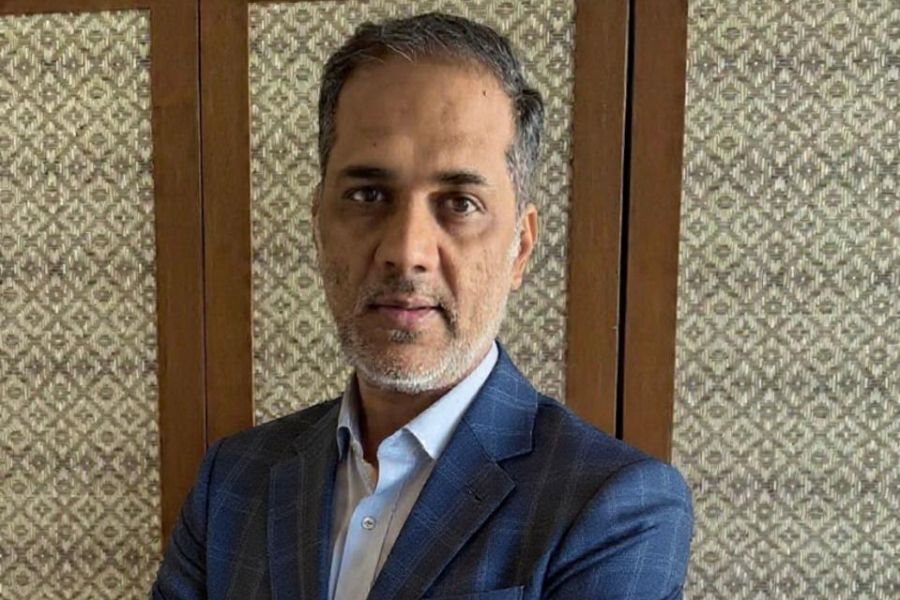Interpublic Group (IPG) is making moves to strengthen its position in the rapidly evolving commerce and digital marketing landscape. It has acquired Mumbai-based Intelligence Node on 7th December, an e-commerce intelligence platform, underscoring the advertising company’s commitment to data-driven solutions for clients navigating an increasingly competitive market.
The move was unveiled just a day after IPG sold its design and technology company, Huge, to AEA Investors. Huge will now join forces with Hero Digital, another AEA portfolio company. Huge’s sale aligns with IPG’s strategy to recalibrate its portfolio toward growth areas, including commerce, data-driven marketing, and media services.
This dual transaction marks a decisive step in Interpublic's strategy to adapt to the shifting dynamics of marketing. The financial terms of both transactions remain undisclosed, leaving analysts speculating on their broader implications for IPG’s balance sheet. IPG also has ongoing negotiations for R/GA, as it streamlines its digital offerings to focus on integrated marketing solutions powered by data and AI.
Intelligence Node, known for its data accuracy and global reach, brings robust AI-driven tools to IPG’s arsenal. The platform aggregates and analyses billions of data points across over 1,900 retail categories in 34 global markets. Its capabilities include monitoring product attributes, pricing, availability, promotions, and consumer sentiment, providing a real-time, panoramic view of the retail landscape.
"Joining forces with Interpublic allows us to deliver a best in class combined solution to companies navigating the complexities of today's commerce landscape," said Sanjeev Sularia, chief executive officer of Intelligence Node. "Together, we can provide the comprehensive data, advanced analytics, and strategic expertise needed to win market share and drive sustainable growth."
By integrating Intelligence Node's advanced analytics, IPG aims to enhance its commerce offerings. The platform will be leveraged across IPG’s agencies, complementing existing data solutions like Acxiom, the company’s global data leader. Together, they aim to offer clients a 360-degree view of customer behaviour, enabling more precise market responses.
Philippe Krakowsky, IPG's CEO, emphasised the acquisition's significance, stating that the platform provides the actionable data brands need to optimise retail media campaigns, boost commerce strategies, and drive performance. "As commerce and retail media continue their rapid convergence, actionable data is paramount to maximising brand performance," he said. "Intelligence Node's robust platform provides the real-time market-wide signals that brands need to optimise retail media campaigns, commerce strategies, and ultimately drive performance in today's highly competitive digital landscape."
The addition of Intelligence Node enables IPG to offer clients a suite of powerful tools. This includes real-time market agility; with dynamic insights, brands can swiftly adapt to market shifts and emerging consumer trends.
It also offers retail media optimisation with data on competitor activity that empowers more effective retail media investments. Intelligence Node also provides content optimisation, with generative AI capabilities that streamline the creation of SEO-optimised product descriptions and media content.
IPG’s third-quarter financial results painted a mixed picture. Total revenue stood at $2.63 billion, a slight decline from $2.68 billion in the same period last year. Net revenue, excluding billable expenses, dropped by 2.9% to $2.24 billion. However, organic revenue remained flat year-over-year, reflecting stability amidst sector-wide pressures.
Operating income fell significantly to $132.9 million, compared to $376.8 million in Q3 2023. This decline included a $232.1 million non-cash goodwill impairment charge tied to the revaluation of digital specialist agencies. Despite this, adjusted EBITA before restructuring charges reached $385.8 million, maintaining a healthy margin of 17.2%.
Krakowsky attributed the stable organic revenue to growth in key areas such as media services, sports marketing, and public relations. He also noted progress in transforming IPG’s organisational structure, with investments in technology, data, and integrated offerings like Interact, a marketing intelligence engine that leverages generative AI to optimise campaigns across the consumer journey.
Looking ahead, IPG remains focused on achieving organic growth of approximately 1% for the year, with a targeted adjusted EBITA margin of 16.6%. Krakowsky cited a robust new business pipeline for Q4 and beyond, emphasising the company’s ability to adapt to client needs in a dynamic environment.
The Intelligence Node acquisition and the divestiture of Huge signals IPG’s intent to sharpen its focus on areas poised for growth. By bolstering its commerce capabilities and investing in data-driven technologies, IPG aims to solidify its role as a partner for brands navigating the complexities of modern marketing.
While the goodwill impairment charges highlight the challenges of maintaining profitability in the digital space, IPG’s strategic realignment reflects a forward-looking approach. With a strong balance sheet and a commitment to capital returns, the company appears well-positioned to evolve alongside the market’s changing demands.
IPG’s recent moves demonstrate a careful balancing act between shedding non-core assets and doubling down on areas with high growth potential. The Intelligence Node acquisition is a clear investment in the future of commerce, offering clients tools to thrive in an increasingly complex retail environment.
As Krakowsky noted, the convergence of retail media and commerce demands actionable data and innovative solutions. By integrating Intelligence Node into its offerings, IPG is poised to deliver on this promise, ensuring its relevance in a competitive and rapidly changing industry.




